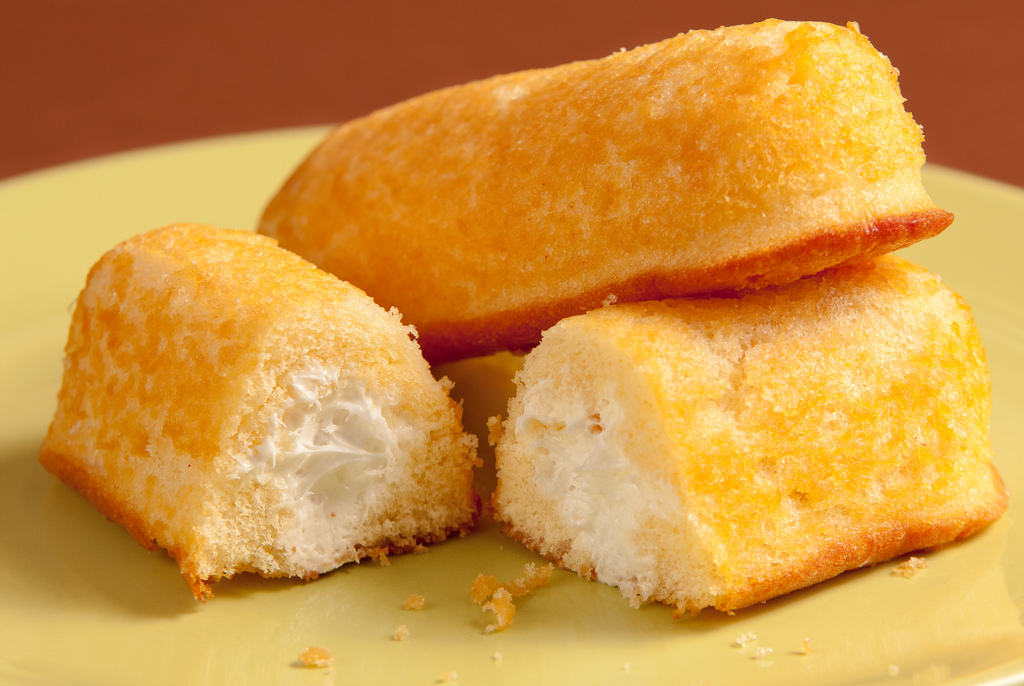
Lunchtime Links: Don’t Underestimate the Power of Nostalgia
What Twinkies can teach us about the value of emotion. Also: When Google Reader shuts down July 1, will it take the RSS trend with it?
Have you ever made decisions based on nostalgia? Brands are hoping you do. It could be their ticket to immortality. Take the Twinkie renaissance as an example. How can your association develop this type of emotional bond with your members?
That, and more, in today’s Lunchtime Links:
The power of nostalgia: When pastry maker Hostess announced plans to shutter the company, sales of its products, including its iconic Twinkies, rose sharply as people began to hoard the snacks. With a new owner emerging in the bankruptcy, the company expects to see a surge in sales and attention when Twinkies return to store shelves July 15, complete with the tagline “The Sweetest Comeback in the History of Ever.” How did this happen? Nostalgia. Customers’ emotional connection with the 83-year-old brand drove them to purchase a favorite product they remembered from childhood and worried they may never see again—and they’ll likely buy with equal enthusiasm when it returns. “Brands like Twinkies take an emotional hold over us, which can be taken for granted until they’re threatened or off the market altogether,” writes Caysey Welton, associate editor for PR News. What does your association do to connect on an emotional level with members?
Don’t cry for RSS: Plenty of potential replacements have sprouted up since Google announced plans to shut down its popular RSS Reader July 1. But a clear frontrunner has yet to emerge—and RSS users, including journalists and communications professionals, are beginning to wonder what will become of it. “No one cares about RSS feeds, except for maybe 50 million of the internet’s most voracious news readers,” writes Sarah Perez for technology site TechCrunch. “Journalists, bloggers, programmers, technically savvy IT workers, researchers, students, startup founders, and anyone else who has grown accustomed to a simple product that lets you—not algorithms or tweets—be in control of which news sources to track and which stories to read.” To help RSS users find a replacement for Reader, Perez created this list of alternatives, including emerging contenders such as Feedly and Digg Reader (still in development), though she doubts any will be a strong as the original Google Reader.
When in need, get creative: German economist Albert Hirschman once wrote that times of struggle often result in our most creative approaches to solving problems. Hirschman “saw that a certain amount of blind ambition and bad luck were helpful in spurring the kinds of creative solutions that resulted in economic development,” writes Orion Jones, an editor for Big Think. “Hirschman thought that creativity may be just out of reach of our conscious minds, which is not a comfortable prospect for today’s creativity industry.” True innovation may require extreme circumstances that force us to see old problems in a new light. When does your association do its most creative thinking?
What are you reading today? Let us know in the comments.
(Christian Cable/Flickr)






Comments